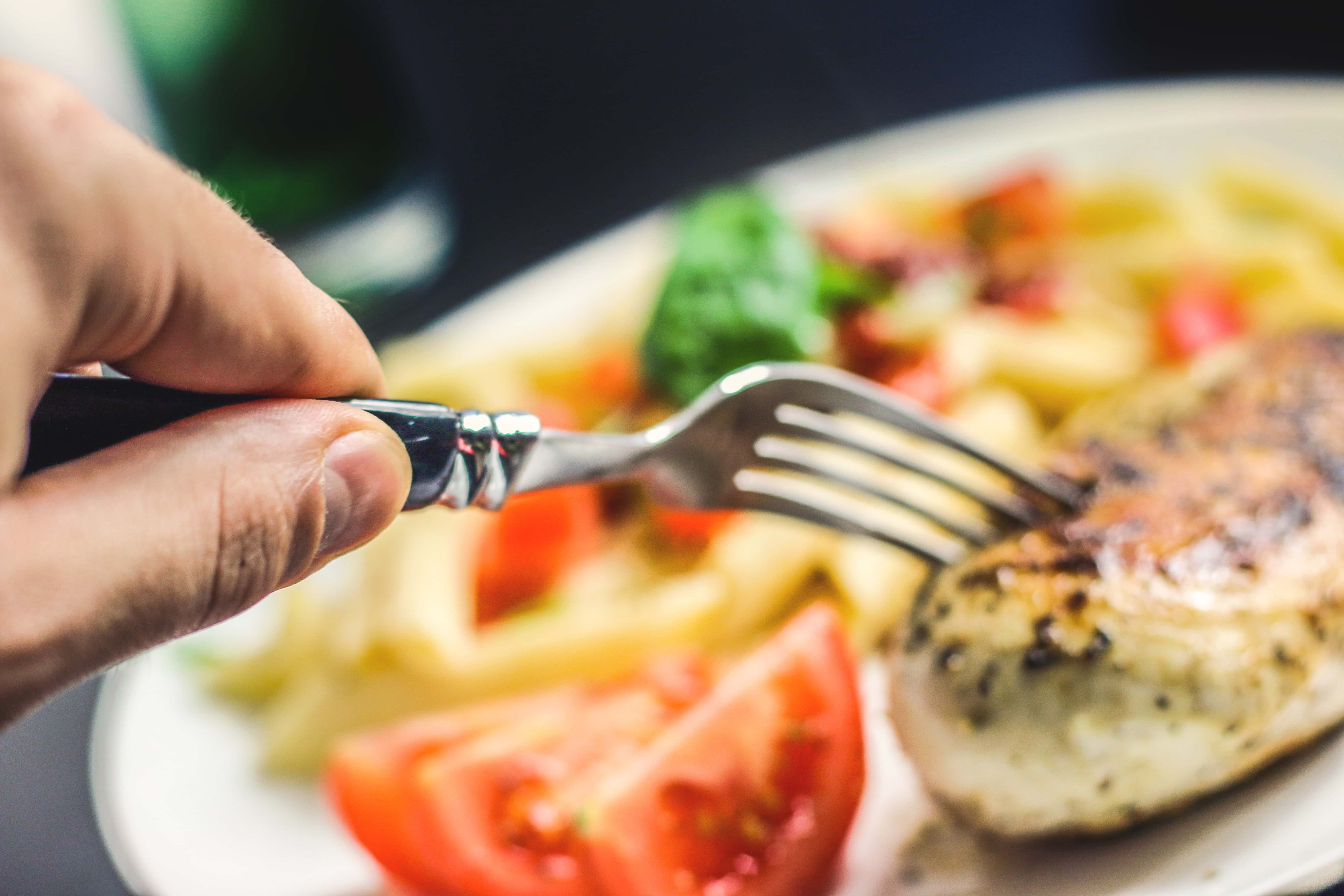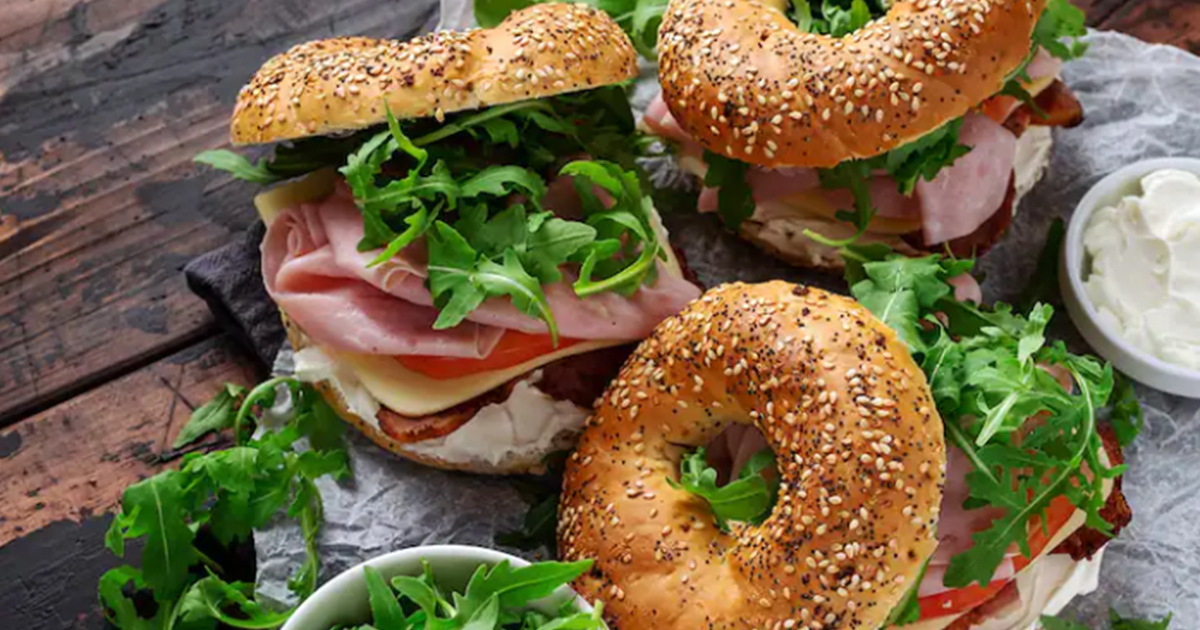Mindful Eating

In today's fast-paced world, where multitasking and on-the-go meals have become the norm, the concept of mindful eating offers a refreshing change.
Mindful eating is all about being present in the moment, savoring each bite, and developing a deeper connection with the food you consume. It's not just a practice; it's a way of transforming your relationship with food.
How Mindful Eating Supports Weight Loss
Mindful eating can be a powerful tool for weight loss. By paying close attention to your body's hunger and fullness cues, you're less likely to overeat or consume unnecessary calories. You develop a deeper understanding of your body's needs and can make healthier food choices.
Moreover, the practice of savoring each bite and eating without distractions allows you to enjoy your meals fully, reducing the urge to eat out of boredom or stress.
Mindful eating isn't about restriction or counting calories; it's about fostering a positive relationship with food and your body, which can lead to sustainable and healthy weight management.
Let's explore some simple yet powerful steps to incorporate mindful eating into your daily life.
1. Sit Down to Eat
Many of us eat while standing, walking, or working, often unaware of what or how much we're consuming. Sitting down to eat, even if it's just a quick snack, encourages you to focus solely on your meal. It allows you to appreciate the flavors, textures, and aromas fully.
2. Engage Your Senses
Eating isn't just about satisfying hunger; it's a sensory experience. Before taking your first bite, take a moment to observe your food. Notice its colors, textures, and any appealing scents. Engaging your senses heightens your appreciation of the meal.
3. Eat Without Distractions
Distractions like television, smartphones, or a computer screen can disconnect you from your food. When you eat without distractions, you're more in tune with your body's hunger and fullness cues, helping prevent overeating.
4. Chew Slowly and Thoroughly
Chewing is the first step in the digestive process, and it's where mindful eating begins. Take the time to chew your food slowly and thoroughly. This aids digestion and allows your brain to register when you're satisfied, reducing the chances of overindulging.
5. Put Down Utensils Between Bites

When you put down your fork or spoon between bites, you naturally slow your eating pace. This helps you savor your meal, prevents mindless eating, and gives your body a chance to signal when it's full.
6. Pay Attention to Hunger and Fullness
Tune in to your body's hunger and fullness cues. Before eating, ask yourself how hungry you are on a scale from 1 to 10. During the meal, pause occasionally to assess your fullness level. This practice helps you eat when you're truly hungry and stop when you're satisfied.
7. Practice Gratitude
Take a moment before or after your meal to express gratitude for the food on your plate. Recognizing the effort that went into growing, preparing, and serving your food can enhance your appreciation of it.
Sign Up For Our Newsletter
Stories that matter — delivered straight to your inbox.
8. Choose Foods Mindfully
 Angelina Zinovieva, Adobe Stock
Angelina Zinovieva, Adobe Stock
When selecting your meals and snacks, consider their nutritional value and how they make you feel. Opt for foods that nourish your body and align with your health goals, but also indulge in occasional treats mindfully and without guilt.
9. Listen to Your Body, Not the Clock
Break free from rigid mealtime schedules. Eat when your body signals hunger, and stop when you're satisfied. This intuitive approach respects your body's unique needs.
10. Reflect on Your Eating Experience
After your meal, take a moment to reflect on the experience. How did the food taste? How did you feel physically and emotionally during and after the meal? This reflection builds awareness and can guide your choices in the future.
Mindful eating is not a diet; it's a practice that promotes a healthy and balanced relationship with food. By incorporating these mindful eating suggestions into your daily life, you can savor your meals, make healthier choices, and nourish not just your body but your soul as well. It's a journey toward greater mindfulness, self-compassion, and a more profound connection with the food that sustains you.










